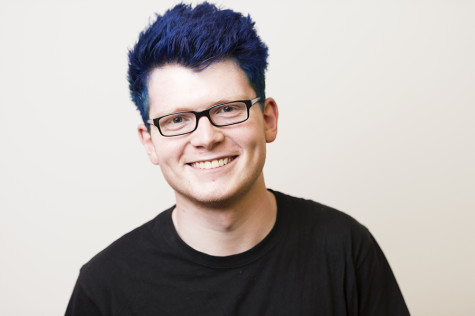Rise of social media must be embraced
December 1, 2014
The role of social media after Michael Brown’s death is under scrutiny. When the verdict was announced, prosecutor Robert McCulloch criticized what he saw as the insatiable appetite of the media and social networks for spreading “nonstop rumors” in search of “something, anything new.” His words indicate deep misunderstanding about the role of social media and its ability to disseminate information quickly. After the decision, users organized protests and shared stories, news and locations, using slogans like #FergusonDecision, #HandsUpDontShoot and #JusticeForMikeBrown. Ferguson, Missouri is the latest example of how social media has changed news reporting. The unrest might never have entered the national consciousness if it were not for the efforts of Internet users around the country.
Much has been written about McCulloch’s preamble before the grand jury verdict last week, but his condemnation of social media is particularly galling. Many civil rights activists noted that activity on social networks kept the media spotlight on Ferguson when the mainstream media might have moved onto something new, proving the power of the citizen journalist.
Citizen journalism has become a buzzword in recent years. When US Airways Flight 1549 made an emergency landing in the Hudson in January 2009, one of the first pictures of the floating plane came from a Twitter user onboard a ferry that picked up the passengers. Before movements like Occupy Wall Street, reporting was once a transactional experience in which journalists wrote the news and everyone else passively consumed it. This is no longer the case. The line between journalist and consumer is blurring. Mainstream media outlets used the photo of the plane posted on Twitter to accompany their reports because their official photographers had not been at the scene in time. The proliferation of new personal technologies, including Facebook and Instagram, allows everyday citizens to have a say in what they think is newsworthy.
Both traditional journalism and social media share a role in shining a light on things officials hope to keep hidden. As blogger and designer John Gruber wrote, “[McCulloch’s] condemnation of ‘social media’ is that social media is preventing them from sweeping this under the rug quietly.” The decentralized Internet, unconstrained by national boundaries, lowers the barriers of entry for millions of users, creating an enormous network of people able to create and consume news. One person can now broadcast to millions — a reality some governments fear. Social media users will not replace journalists, but the world is beginning to see a symbiosis between the two groups of newsmakers. Both communities must commit to reporting important stories together.
A version of this article appeared in the Dec. 1 print edition. Email Tommy Collison at [email protected].

























































































































































